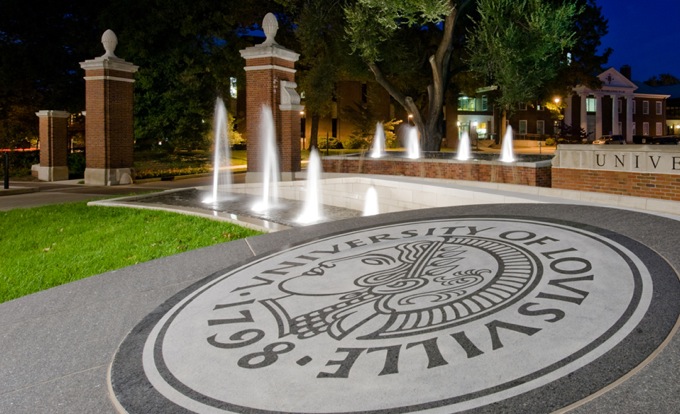By Eli Hughes —
Researchers at the University of Louisville are working on a possible treatment for COVID-19 that uses a protein grown in tobacco.
This treatment is being designed as a preventative nasal spray that researchers are hoping will reach human clinical trials by the end of the year.
Kenneth Palmer, director of U of L’s Center for Predictive Medicine for Biodefense and Emerging Infectious Diseases, said that the protein active in the treatment was first studied by his team for its usefulness in preventing HIV.
“We knew that this protein had very good activity against HIV and we wondered some years ago whether it would have activity against other viruses,” Palmer said. “One group of viruses that we were interested in were SARS-Coronavirus.”
Palmer’s group found that this protein was successful in inhibiting many different strains of the coronavirus. Now, almost 15 years later, they wondered if this protein would be successful in preventing the newest strain of the coronavirus, COVID-19.
“We got the virus into our labs,” Palmer said, “And tested to see if the protein would also inhibit the new coronavirus, SARS-coronavirus II, and indeed it does.”
“So, now we are using our tobacco produced product to inhibit the new coronavirus.”
The protein works by binding to the sugar structures that many viruses have on their surfaces. This prevents the virus from replicating.
Palmer says that his team chose to use a lab rat relative of tobacco to grow this protein because tobacco produces the protein well and it is easy to extract.
Palmer has 15 years of experience working with proteins in tobacco plants. He says that Kentucky’s experience with growing tobacco and the enviroment suitable for growing the plant in Kentucky makes it a good choice.
The researchers are now applying for funding to get their treatment into a human clinical trial. Palmer says that their nasal spray could be available before a vaccine becomes available.
Even if this treatment comes out after a vaccine it could still be valuable to public health by combatting other types of the coronavirus.
“Over the last 15 years or so we’ve had three serious public health concerns from the coronavirus,” said Palmer. “And our product is active against all coronaviruses while a vaccine will tend to be more specific to a single coronavirus strain.”
Research is currently being conducted in U of L’s Regional Biocontainment Laboratory and strict safety measures are being upheld to ensure the safety of the researchers.
File Graphic // The Louisville Cardinal



